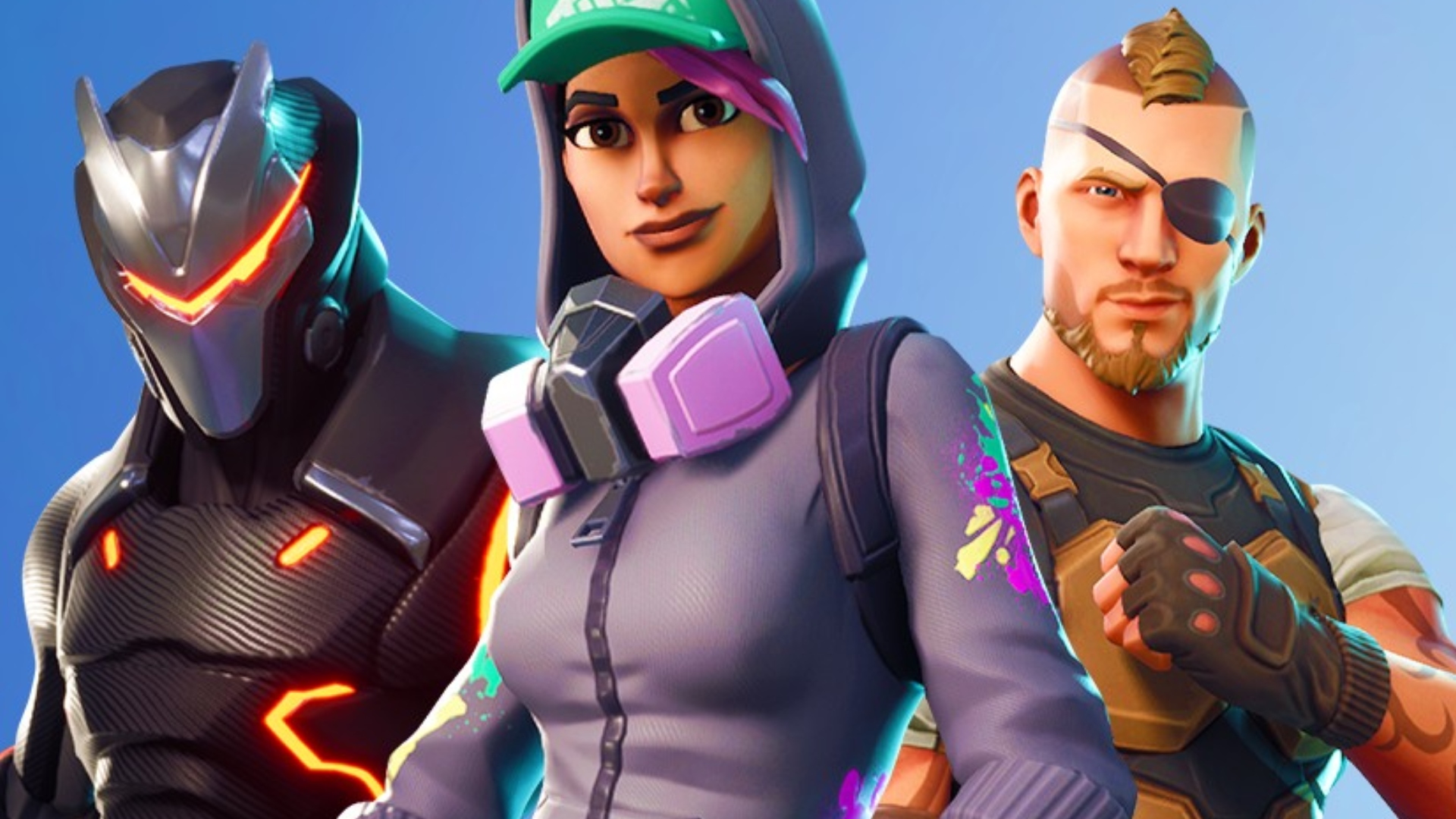Epic Games Unlawfully Charged Players. You Could Get Money After Settlement
Introduction
In a significant development, Epic Games, the creator of the popular video game Fortnite, has agreed to pay $245 million to settle allegations that it unlawfully charged players and violated children's privacy.
Unlawful Charges and Predatory Practices
The settlement stems from allegations that Epic Games engaged in deceptive and manipulative practices to entice players into making unintended purchases, particularly targeting young and vulnerable users. The company allegedly used "dark patterns," or design features that make it difficult for players to avoid making purchases, and failed to provide clear information about the costs involved.
For example, the game's "Save the World" mode featured a "loot llama" system that allowed players to purchase random items. However, Epic Games allegedly concealed the true odds of obtaining valuable items, leading players to spend excessive amounts of money in the hopes of getting the rarest rewards.
Invasion of Children's Privacy
In addition to the unlawful charging allegations, Epic Games was also accused of violating the Children's Online Privacy Protection Act (COPPA). The complaint alleged that the company collected personal information from children under the age of 13 without obtaining parental consent, which is a violation of federal law.
Settlement and Refunds
As part of the settlement, Epic Games has agreed to pay $245 million, with $200 million going to players who were unlawfully charged and $25 million to settle the COPPA violations. Players who believe they were overcharged are eligible for refunds, and the company has set up a website where users can submit claims.
Critical Analysis
The settlement raises important questions about the ethical responsibilities of video game companies and the need for stronger consumer protections.
On the one hand, Epic Games has admitted to engaging in deceptive and manipulative practices, which is a clear violation of players' trust. The company's actions have harmed countless individuals, particularly young and vulnerable users, and have eroded the reputation of the gaming industry as a whole.
On the other hand, the settlement also highlights the complexities of the video game industry. Free-to-play games, such as Fortnite, rely on in-game purchases to generate revenue. While it is important to protect consumers from predatory practices, it is also necessary to allow game developers to make a profit.
Perspectives
Industry experts have expressed mixed reactions to the settlement. Some argue that it is a significant step forward for consumer protection, while others worry that it could stifle innovation in the video game industry.
Consumer advocates have welcomed the settlement, but some have raised concerns that it does not go far enough. They argue that Epic Games should be held accountable for the harm it has caused and that stronger regulations are needed to prevent similar abuses in the future.
Conclusion
The Epic Games settlement is a complex and multifaceted issue that raises important questions about the future of the video game industry. It is essential to both protect consumers from predatory practices and foster innovation within the industry.
As the video game market continues to evolve, it is critical that lawmakers and regulators work together to create a fair and equitable environment for both developers and users.
Only through collaboration and thoughtful regulation can we ensure that the gaming industry remains a source of entertainment and innovation while also protecting the rights of consumers.
Read also:
Lakers Play Their Best Basketball Of The Season In Dominant Win Over Rival Celtics
Trump Inaugural Becomes Billionaire Bonanza As Global Elite Descend On DC
Ravens' Victory Raises Doubts About Pittsburgh's Mike Tomlin Amid Lamar Jackson's Dominance
/cdn.vox-cdn.com/uploads/chorus_image/image/65462864/ar5iu.0.jpg)
